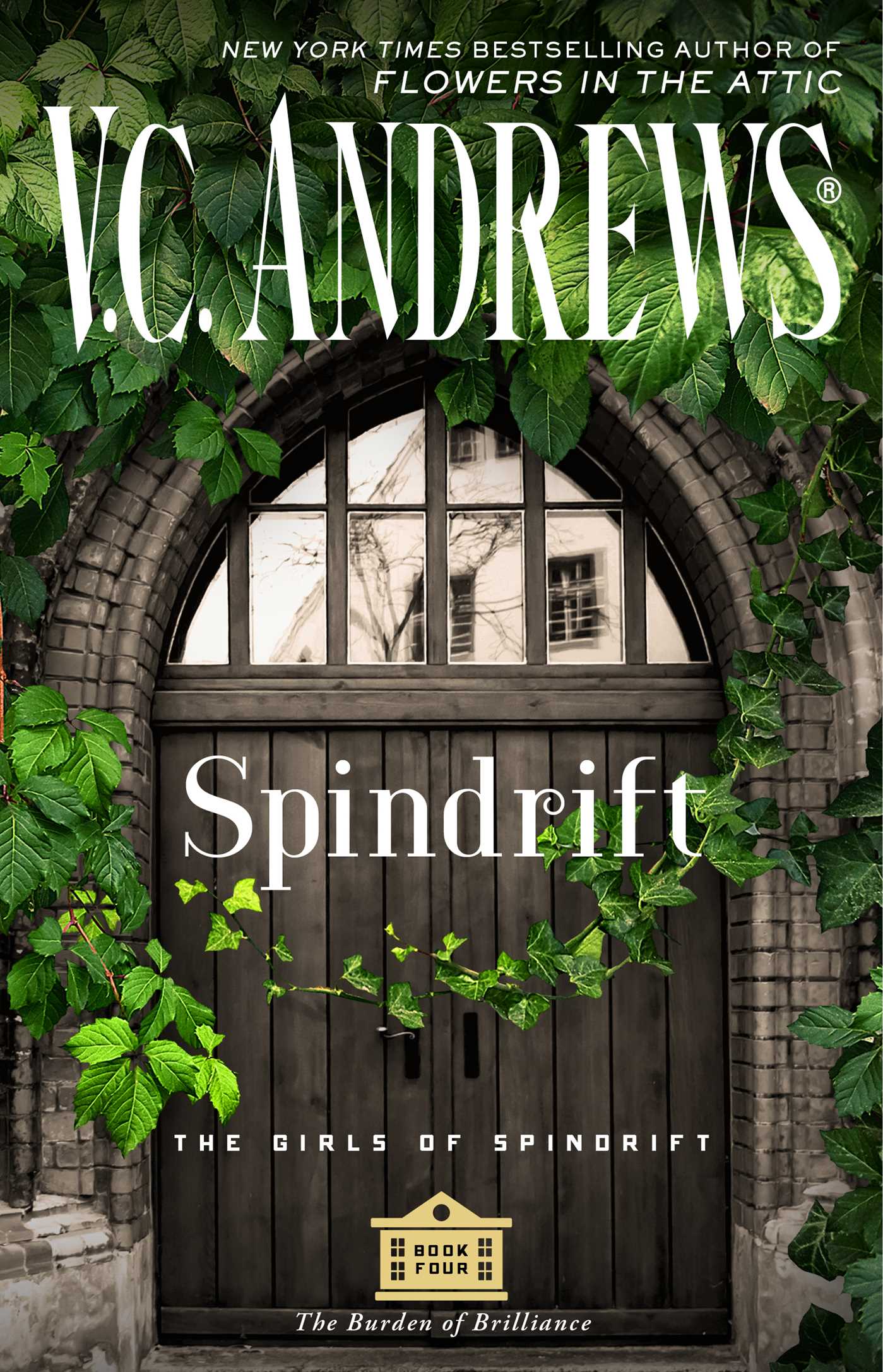
Did you like Z: A Novel of Zelda Fitzgerald? If so, you’re going to love Therese Anne Fowler’s newest historical novel, A Well-Behaved Woman, which offers all of the same historical glitz and glamour, and a strong female protagonist.
Fowler’s heroine is an underdog in high society, a progressive woman from the start, though it is perhaps unintentional at first. Having been born to a family with little wealth, and not being able to rely solely on her looks, Alva Smith used her cleverness to maneuver her way into one of the richest families in the world. Unlike her playboy husband, who is mostly useless and spent his time galavanting around the world, Alva sought meaning in her life, pursuing a life that was deemed inappropriate and positively un-feminine by society. Instead of accepting her role as a housewife, she boldly pursued her passions of architecture and social equality, including being a champion specifically for African Americans. She later goes on to be accused of being an “architect of society’s downfall” for her decision to *gasp* procure a divorce from her husband.
Stories of women’s insubordination and refusal to quietly comply with the “rules” of patriarchal society are always timely, evergreen, but no more so than today. That being said, one of the greatest things about this book is that Fowler allows the feminist angle to emerge organically. Towards the end, it gets a bit heavy-handed, but it’s justified as it reflects the protagonist’s true turn towards the women’s suffrage movement. Throughout most of the novel, we’re invited into an otherwise-exclusive world, but its pitfalls– especially for women– are apparent throughout. Though the environment is glamorous, the unfortunate treatment of women, minorities, and the poor are on full display. In such a seemingly romantic era, all the more so given the grandiose homes and affairs, it’s striking how little love exists. Love, Money, or Titles: ladies, take your pick. While men of status were permitted to sink ships, sleep with whoever they pleased, and generally do as they pleased, a single misstep by one of their wives or daughters could result in a permanent fall from grace. Fowler points out the horrific hypocrisy, as it applied to Alva, that “Society loved her when she was advancing its causes, then castigated her when she was advancing her own. Yet, were not the two ever entwined?”
One of my favorite moments of the book is at the end, when Alva is standing with her husband, her former maid, Mary, and Mary’s husband, the latter two of whom are African American:
“Will you look at us? Four people of exceptional quality and intellect, three of whom began life as the property of wealthy white men. Not to say that our situations were equal. I just mean to demonstrate that all sorts of societal wrongs can be improved.”
How interesting is that observation? As a creative who subscribes to the notion that stories say more about the time in which they are created than they do about the time in which they are set, I think this quote is most emblematic of the connections between societal issues then and now.
Rating: 4/5 stars


